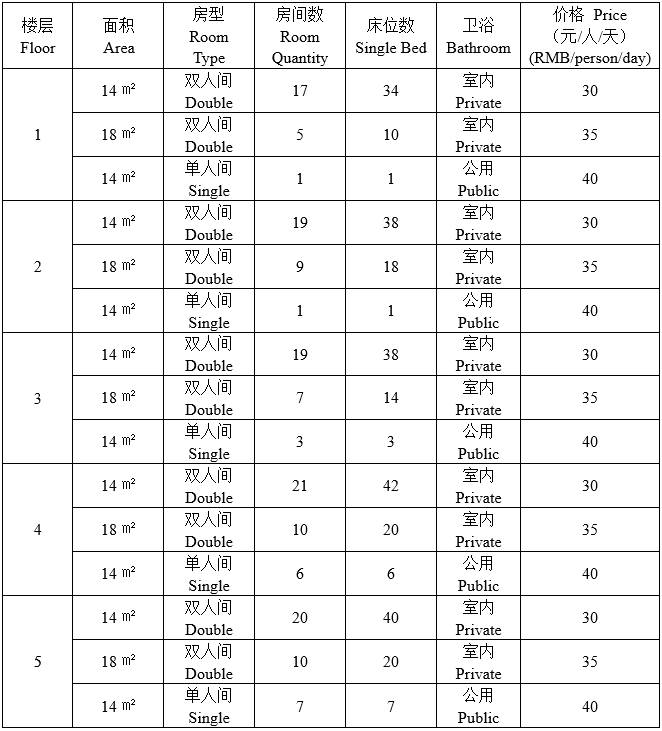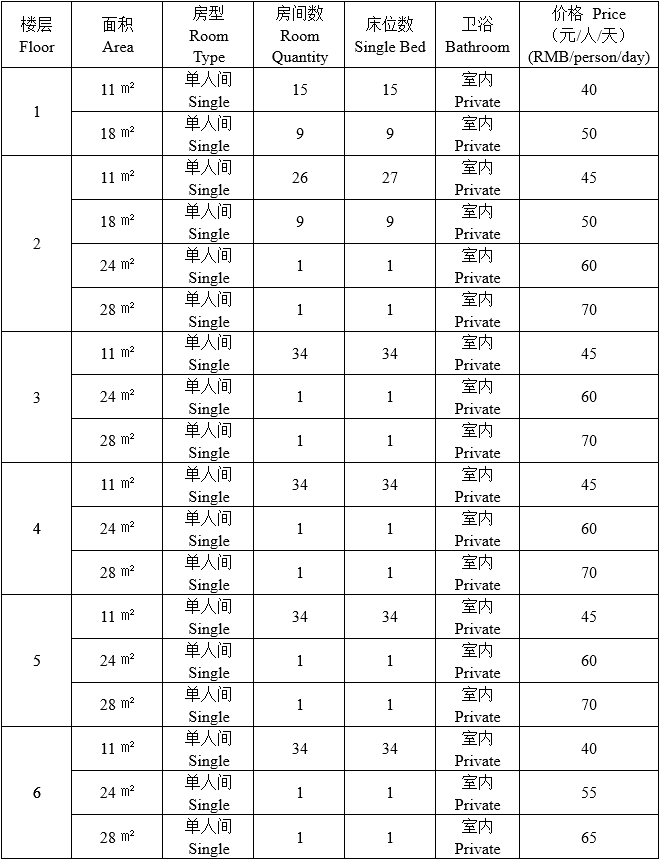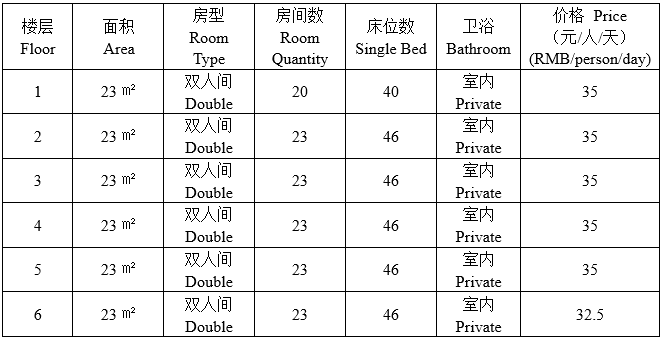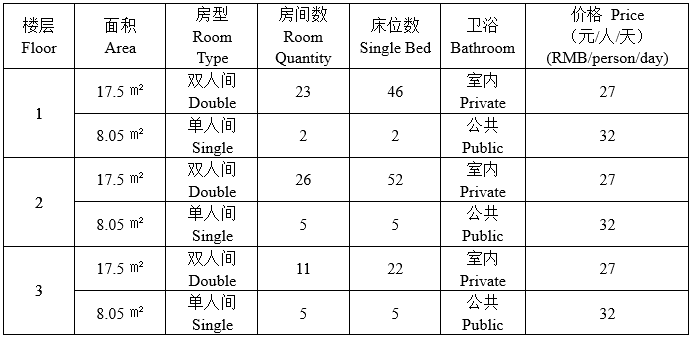Shandong University is one of the oldest and prestigious universities in China . Shandong University was founded in 1901 and is the second national university established soon after Jingshi University (the Metropolitan University) in the country. Recently, the Ministry of Education approved the university as a ?national key comprehensive university.? In 2001, it was listed among the 21 national key construction first-class universities by the Ministry of Education. Situated in Jinan , capital city of Shandong Province , Shandong University covers an area of 3.849 square kilometers. The province is located on the east coastal part of China and the lower reach of Yellow River. Not only is it one of the most economically developed coastal provinces in China, but also a major contributor to the ancient Chinese culture?the auspicious birthplace of Qilu culture. Shandong University consists of 31 schools/colleges and a graduate school. Courses are offered in 11 main academic disciplines: philosophy, economics, law, literature, history, natural sciences, engineering, management, medicine, education and military. There are 104 undergraduate degree programs, 209 master degree programs, 127 doctoral degree programs, and 15 post-doctorate mobile stations. In addition, there are 7 professional master's degree programs in law, business management, engineering, clinical medicine.
Shandong University, under the direct jurisdiction of the Ministry of Education, is a key comprehensive university with a long history, a variety of disciplines, strong academic strength, and distinctive characteristics, which has great influence both at home and abroad. Shandong University is a member university of Project 211 and Project 985, two national key construction projects to support the development of high-quality universities.
Shandong University is one of the initiative universities of modern Chinese higher education. Its medical school, established in 1864, signified the beginning of modern Chinese higher education. Its main body, Shandong Imperial College (Shandong Da Xue Tang) established in 1901, was the second national university in China, only after the Imperial University of Peking. Moreover, it was the first university to be established and run in accordance with a chartered constitution.
Since its birth, Shandong University has gone through several stages of significant growth and change: starting as the Shandong Imperial College, it was then reborn as the National Qingdao University, the National Shandong University, Shandong University, and the Shandong University in its present form, which is the result of the merger of Shandong University, Shandong Medical University and Shandong Industrial University. For more than 100 years, Shandong University has been following the mission of “Reserve talents for the world, and seek prosperity for the nation” and the motto of "Noble in spirit, endless in knowledge." For this aim, it has cultivated over 400,000 talented young people of various specialties, and has been making significant contributions for the country and the regional economic and social development.
As one of the first universities finding its name on the list of Project 211 and Project 985, Shandong University has been developing by leaps and bounds in recent years, and each of its undertakings has reached unprecedented levels. The educational quality and competitiveness of the university have been remarkably improved. This improvement in the quality and capability of teaching has greatly increased both its international influence and its ability to serve the country and the local regions. The university has essentially accomplished its transformation from a teaching and research-oriented university to a research-oriented one. Shandong University comprises 8 campuses (Jinan Central Campus, Hongjialou Campus, Baotuquan Campus, Qianfoshan Campus, Software Park Campus, Xinglongshan Campus, Qingdao Campus and Weihai Campus) in three different cities (Jinan, Qingdao and Weihai), covering an area of over 533 hectares (including 200 hectares of the Qingdao campus).
The university currently has 4 affiliated hospitals, 3 non-subordinate affiliated hospitals and 11 teaching hospitals. It also enjoys a teaching and administrative staff of 7,493 (not including affiliated hospitals). Its full-time student population totals up to 60,000, of which 40,789 are full-time undergraduates, 18,816 are postgraduates and 3,791 are international students. It also has an excellent faculty team of 1,246 professors, including 897 doctoral supervisors. Moreover, Professor Peter Grünberg, a German physicist and winner of the 2007 Nobel Prize in Physics, joined Shandong University as a special-term professor in 2012. Professor Mo Yan, a graduate supervisor from Shandong University, was awarded the Nobel Prize in Literature in October 2012.
And now there are 12 academicians of the Chinese Academy of Sciences or the Academy of Engineering, 43 double-hired academicians, 11 tenured professors of Shandong University, 14 first grade professors in humanities and social sciences; 21 distinguished professors of National “1000-talents Plan”, 11 scholars of National “Young 1000 Talents Plan”; 7 faculty members are seated on the Discipline Appraisal Group of the State Council Academic Degree Committee, 32 become candidates of the “100-, 1000- and 10000-talent Plan”, 37 distinguished professors and part-time professors from the "Changjiang Scholars Program" of the Ministry of Education , 41 winners of the "National Outstanding Youth Foundation” award, 90 posts for distinguished professors and experts from the "Taishan Scholars" of Shandong Province and 9 “National Renowned Teachers”. Seven academic innovation teams found themselves in the Innovation Team Development Plan of the Ministry of Education, and another three academic innovation teams were chosen as the Innovative Research Groups of National Natural Science Foundation of China. Shandong University provides 2 national key first-level disciplines (including eight second-level disciplines), 14 national key second-level disciplines, 3 key national second-level disciplines under cultivation, and 70 provincial key disciplines, covering the 4 disciplinary fields of liberal arts, science, engineering and medicine. Such a comprehensive disciplinary system helps it to achieve coordinated development between different disciplines. The university has seven state scientific research platforms, including a key national laboratory, a state engineering technology research center, a state engineering laboratory and a state engineering technology promotion center. It also has 6 state "111 Innovation and Education Planning Projects," 4 key social science research bases approved by the Ministry of Education, and a large number of provincial key laboratories and provincial engineering technology research centers.
Shandong University is one of the largest ranges of academic disciplines in China. There are at present 12 general disciplines for undergraduates and postgraduates, namely philosophy, economics, law, education, literature, history, science, engineering, agriculture, medicine, management, and fine arts. There are 44 first-level doctoral programs, 55 first-level master degree programs, 3 professional doctoral programs, 27 professional master degree programs, 117 programs for undergraduates, 41 mobile post-doctoral research stations, forming a complete system for cultivation of talent.
The growth of the university over the years has seen SDU rise to the forefront of many fields in China. In the 1930s and 1950s, when Shandong University was located in Qingdao, it was the home to many nationally famous scholars who paved the way for great success especially in the fields of literature and history. Up to this day, Shandong University is well-known for its strong liberal arts programs, and published the highly reputable academic journal Literature, History & Philosophy. These two periods also laid a good foundation for the university in natural sciences, enabling it to find itself among the noted institutions in China. Since the merger at the end of the last century, the university’s newly-developed disciplines of financial mathematics, crystal materials, condensed matter physics, colloid and surface chemistry, micro-biology, machinery, material science, cardiovascular functional recovery, new drug manufacturing, and classical Chinese philosophy have all risen to the first-class level within the country, and some are even known abroad.
With the opening of the National Educational Conference and the implementation of the “Education Planning Outline” in July, 2010, China’s higher education has yet another new opportunity for a historic leap, and all institutions of higher learning are standing at a new historic starting point. Facing the unprecedented opportunity, Shandong University has set a grand educational objective: initially becoming a world-class university by its 120th anniversary. At the new historical starting point, Shandong University will seize the opportunity, and adhere to the way of connotative development, quality promotion and feature building, to the strategy of institution existence by academia, strengthening by talents, prosperity by features, and management by law. Meanwhile, the university is to promote the internationalization of it, implement the Operation for Academic vitalization. With an already strong academic foundation and even more untapped potential, we are sure to achieve the goal of becoming one of the world’s highest ranking universities.




 Facilities and accessories in each room: heating system, air condition, telephone, desk, book-rack, wardrobe and bedding. Public washing machine, kitchen and boiler room.
Facilities and accessories in each room: heating system, air condition, telephone, desk, book-rack, wardrobe and bedding. Public washing machine, kitchen and boiler room.








